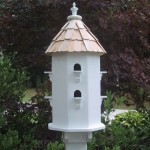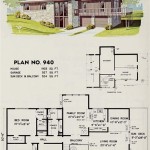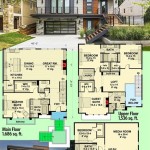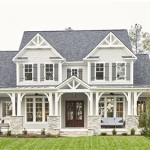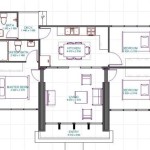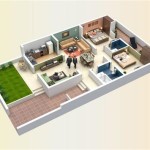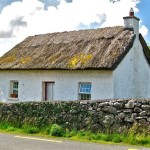Essential Aspects of Monticello House Plans: A Comprehensive Guide
Monticello, the iconic plantation home of Thomas Jefferson, is renowned for its architectural brilliance and historical significance. Its unique design has inspired countless homeowners, resulting in the creation of numerous Monticello-inspired house plans. If you're considering building a home based on these plans, it's crucial to understand the essential aspects that make them so special.
1. Symmetry and Proportion
Monticello's design is characterized by its perfect symmetry and harmonious proportions. The main facade features a central pedimented portico flanked by two identical wings, creating a balanced and visually pleasing composition. The windows and doors are carefully arranged to maintain this symmetry, contributing to the overall elegance of the home.
2. Palladian Windows
Palladian windows are a defining feature of Monticello's exterior. These large, triple-arched windows are positioned above the entrance portico and on the ends of the wings. They allow ample natural light to enter the home while providing stunning views of the surrounding landscape. The use of Palladian windows adds a touch of grandeur and sophistication to the design.
3. Octagonal Rooms
One of the most unique features of Monticello is its octagonal rooms. The central hall features an octagonal ceiling supported by a ringed colonnade, creating a dramatic and spacious effect. This design element provides visual interest and adds a touch of intimacy to the space.
4. Classical Influence
Monticello's design is heavily influenced by classical architecture, particularly the Palladian and Neoclassical styles. The use of columns, pediments, and other classical elements throughout the home reflects Jefferson's admiration for ancient Greek and Roman architecture. This classical influence lends an air of grandeur and timelessness to the design.
5. Functional Layout
While Monticello is a visually stunning home, it was also designed with practicality in mind. The layout is well-organized and efficient, with interconnected rooms flowing seamlessly into one another. The main level features public spaces such as the parlor, dining room, and library, while the upper level consists of private bedrooms and study areas.
6. Exterior Materials
The original Monticello was built using local materials, including brick, wood, and stone. These materials were chosen not only for their durability and cost-effectiveness but also for their aesthetic appeal. Modern Monticello house plans often incorporate similar materials, ensuring authenticity and maintaining the historical character of the design.
7. Surrounding Landscape
The landscape surrounding Monticello plays a vital role in its overall impact. Jefferson carefully designed the gardens, walkways, and vistas to complement the architectural features of the home. The use of terraces, flowerbeds, and native plants creates a harmonious relationship between the house and its surroundings.
By incorporating these essential aspects into your home design, you can create a stunning and historically significant residence that embodies the spirit of Monticello. Whether you're building a true replica or a modern interpretation, understanding the key elements of these house plans will ensure a home that is both visually appealing and functional.

Thomas Jefferson S Monticello Floor Plans Architectural

House Plan Monticello Sater Design Collection

Architecture Monticello

The Monticello House Floor Plan 1852

Monticello Sah Archipedia

European House Plan With Guest Suite 4867

Floorplan Of Monticello S First Floor Thomas Jefferson Plans Architectural

Thomas Jefferson S Monticello House Interior Plantation Study Com

House Monticello Plan Green Builder Plans

Thomas Jefferson S Monticello House Interior Plantation Study Com

